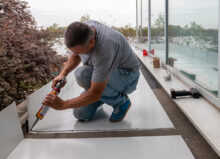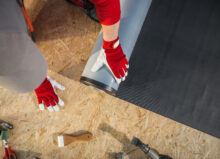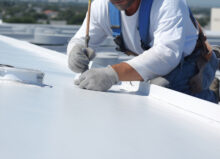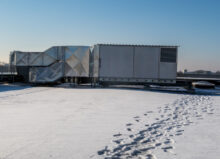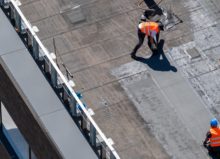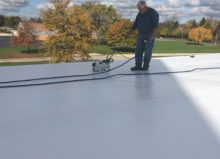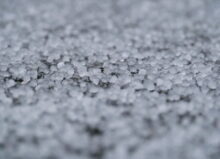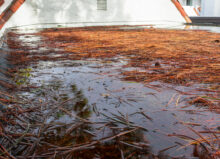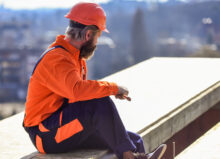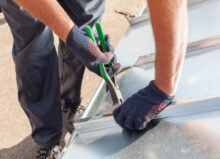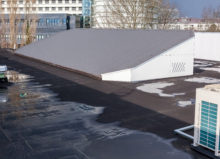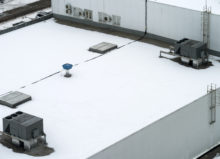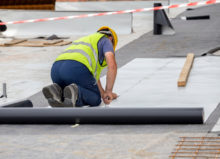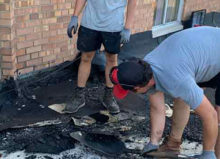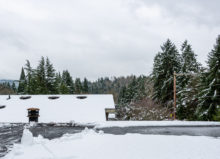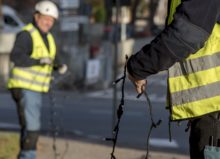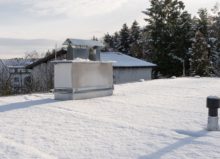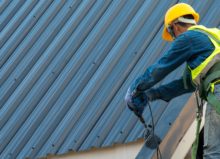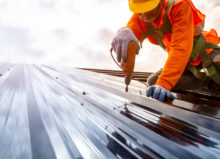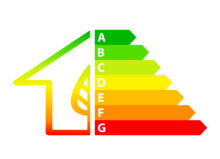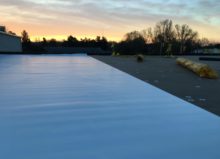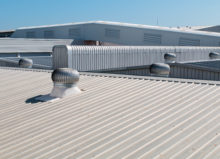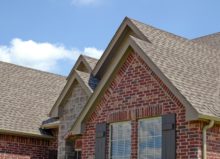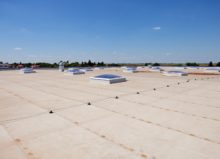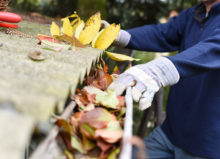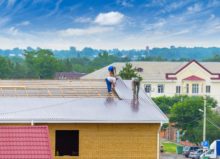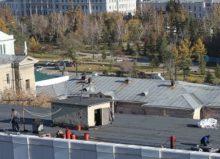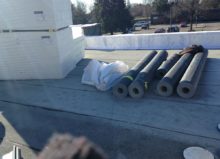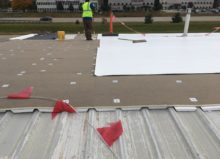Are All Commercial Roof Inspections the Same?

As a business owner, your roof is a critical asset that protects your building and the employees and customers within it. A damaged roof is a safety risk and, if not taken care of, can result in more costly repairs down the road. As a part of your annual roofing maintenance program, you must schedule inspections.
You should schedule inspections at least once a year, preferably in the spring. However, if you’ve experienced inclement weather, such as hail, wind, or freezing temperatures, it’s also wise to schedule a roofing inspection as soon as possible.
It’s also important to note that not all commercial roofing inspections are the same—what a professional will look for may vary based on the age, condition, and type of material your roofing system is made from. In this article, we’ll cover all types of commercial roof inspections, starting with standard evaluations.
What’s Involved in a Standard Roof Evaluation
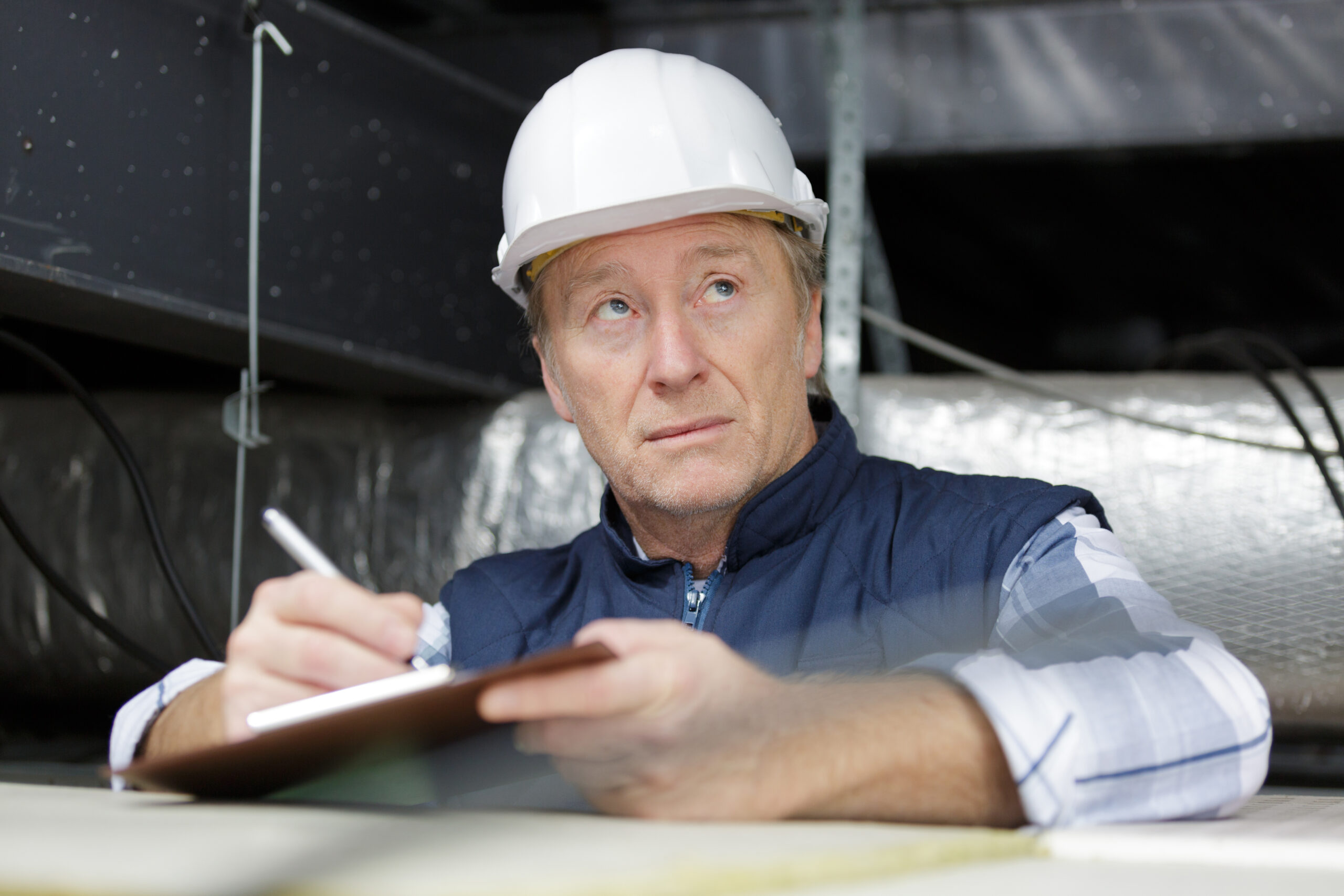 In most situations, when a contractor is performing a standard commercial roof inspection, they are analyzing the following:
In most situations, when a contractor is performing a standard commercial roof inspection, they are analyzing the following:
- Workmanship Quality
- Interior Damage
- Structural Integrity
- General Signs of Damage
Workmanship Quality
A contractor will inspect your roofing system’s flashing, joints, seams, and other parts to ensure they are present and secure. Any signs of poor workmanship, including loose flashing, poorly sealed seams and joints, buckling or wrinkling of the roofing membrane, and sunken or raised areas, will be immediately addressed.
Interior Damage
Next, a roofing professional will check for water stains and mold growth inside your building. If there are damp spots on the ceiling or sometimes even the walls, it could indicate that there is a leak or that your roofing system doesn’t have proper drainage.
Structural Integrity
The contractor may also check the roof’s load-bearing capacity, especially if you’ve recently installed roofing equipment or have added other elements to the building. Structural integrity may be compromised if there is sagging and unevenness, split beams, deteriorated or rotted decking, bowed or displaced rafters, or detached roofing material.
General Signs of Damage
Lastly, the contractor will check for general signs of damage, which will vary based on the material your roofing system is made from. General signs of damage could include cracks, blisters, and punctures in the material, and general issues with your drainage systems’ functionality.
Warranty Checks
If your commercial roof is covered by a warranty, you will need to schedule frequent inspections to prevent the warranty from being voided/canceled. Check the details of your warranty to see how often inspections are required.
To satisfy a standard warranty inspection, a commercial roofing contractor will first review the warranty to better understand the maintenance requirements outlined by the manufacturer or warranty provider. This helps prevent non-compliance issues that can render your warranty void. Some of the maintenance tasks that could be outlined in the warranty include removing debris and other material that can cause water damage, inspecting and fixing issues with flashing and inspecting HVAC equipment on the rooftop (if necessary).
The contractor will then recommend which repairs are needed to ensure your roof remains covered by the warranty. After the repairs are completed, the contractor will give you a detailed inspection report outlining what was found and any repairs performed—this is important to ensure compliance and prevent issues during future warranty claims.
Post-Storm Damage Inspections
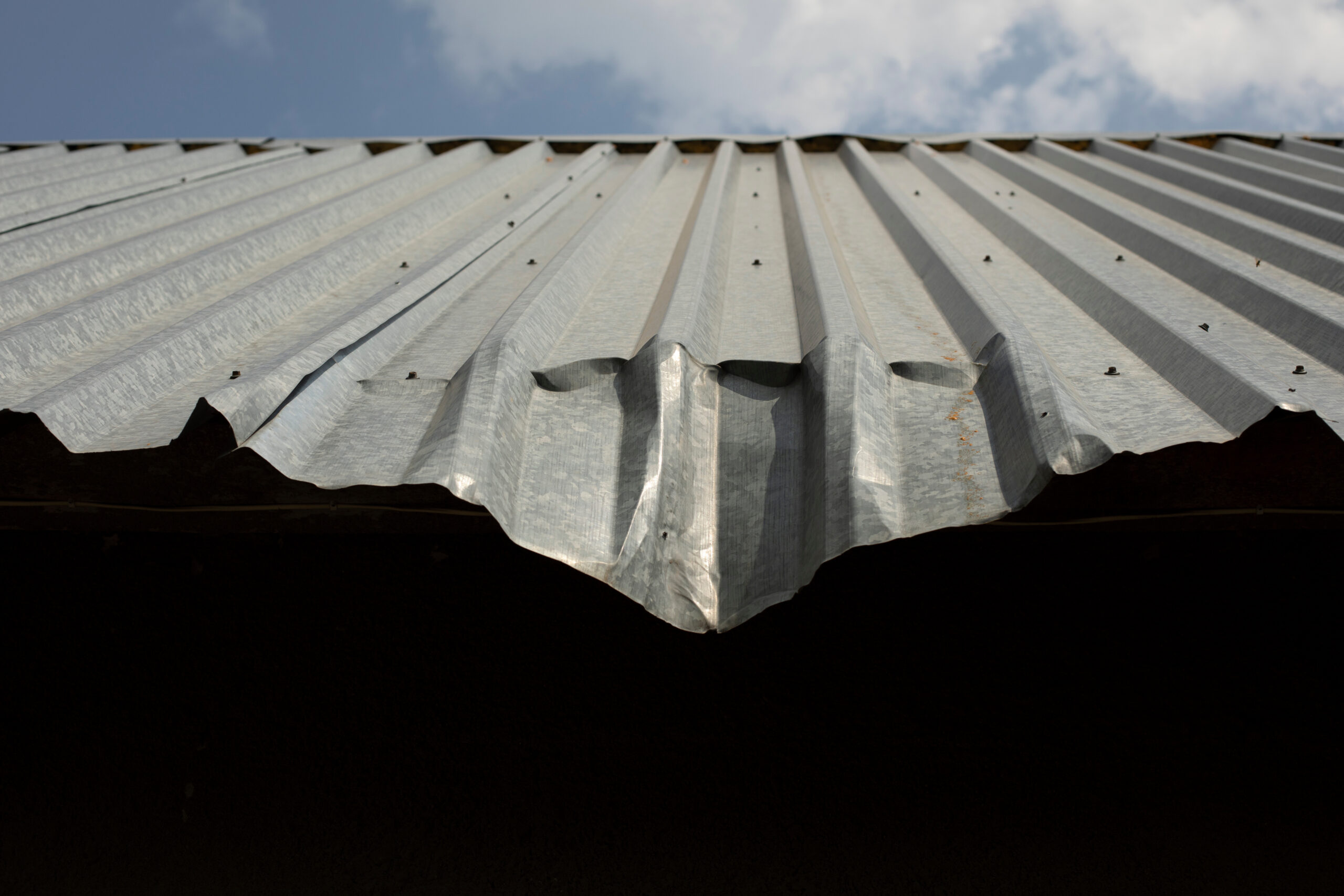
Inspections are necessary after any storm or severe weather incident. While you can self-perform some aspects of an inspection, it’s best to hire a professional because they have a better understanding of what to look for.
During a post-storm commercial roof inspection, the contractor will look for visible signs of damage, including missing roofing materials, cracks, punctures, and tears, as well as issues with seams and flashing. They will also look for potential signs of water infiltration, like water stains, mold growth, and ponding water on the exterior and interior surfaces of your building. If heavy wind were involved, they would clean debris off the roof, determine the severity of the debris accumulation, and determine if any problems were caused by the debris, like sagging.
Insurance Claims
If there is damage to your roof, some roofing companies will provide comprehensive damage assessment reports (including photos of the damage) you can give to your insurance claims adjuster. In some situations, a roofing company can even act as the point of contact between you and your insurance company. In these situations, the contractor will provide your insurance adjuster with recommended repairs and a cost estimate—if there are disagreements, the contractor will negotiate on your behalf.
Roof Condition/Age Inspections
A roof condition or age inspection is necessary if you’re unsure whether a complete replacement or repairs are necessary. Generally, a replacement is needed if your commercial roof is getting close to the end of its expected lifespan. Additionally, if your roof is severely damaged, a contractor may recommend a replacement due to the number of repairs required to restore it.
In a general age/condition commercial roof inspection, the contractor will look for wear and tear, deterioration, cracking, peeling, missing or loose flashing, and damaged seals. To determine the age of your roof, the contractor will look for installation records to establish a baseline. If there are no records, they will visually inspect for discoloration, fading, and surface degradation. They may also contact the manufacturer for an estimated lifespan or look at maintenance records to potentially determine the age.
Pre-Inspections for Roofing Equipment
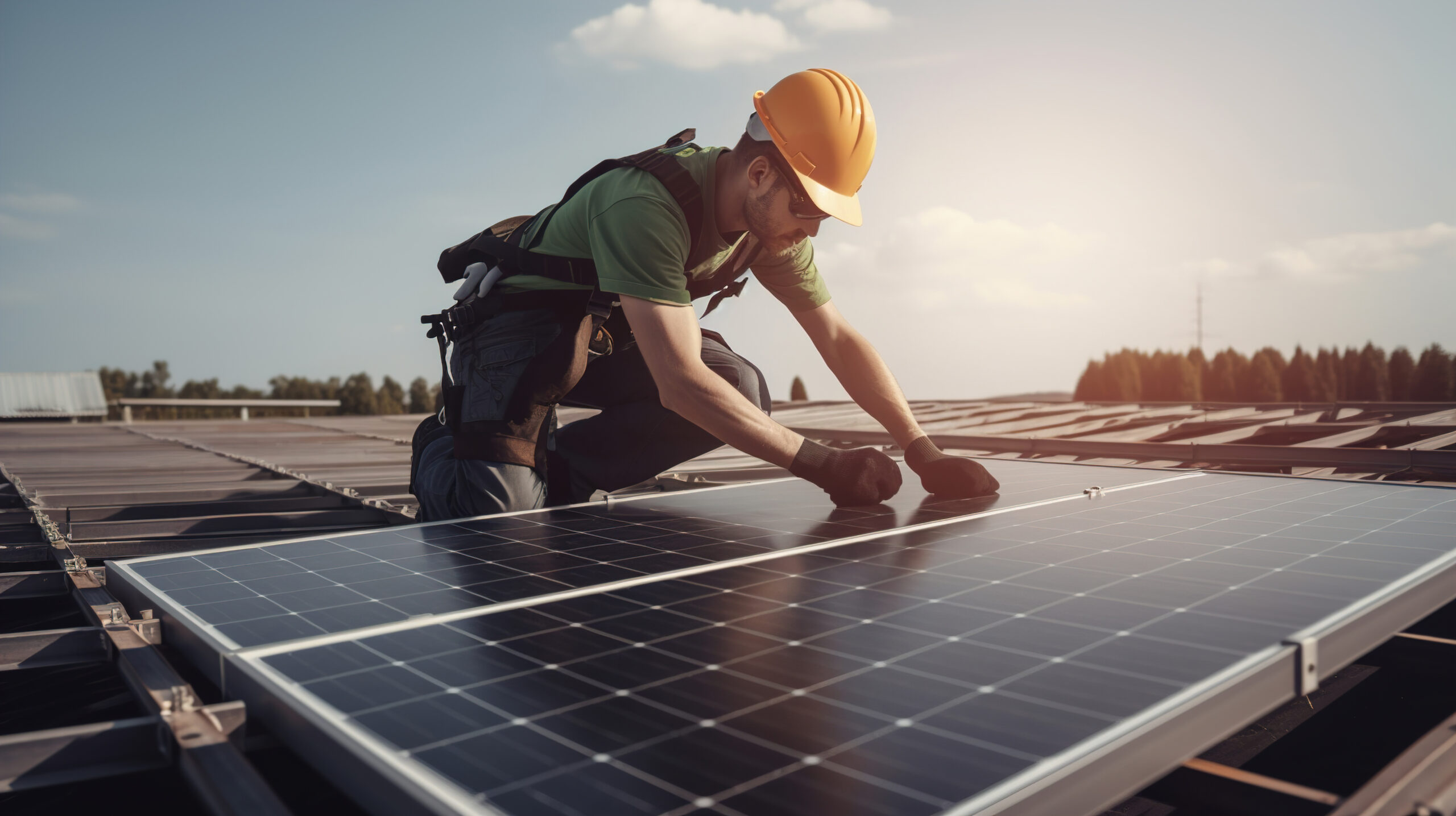
Pre-inspections are required before any roofing equipment, including HVAC units, solar panels, wireless routers, and ventilation systems, can be installed.
During a pre-inspection, the contractor will determine the structural capacity of your roof (i.e., can your roof support the equipment?). They will also need to see if it’s compatible with the roofing material—for example, built-up roofing, modified bitumen, EPDM, TPO, PVC, and metal roofing may need extra support. Determining compatibility is also important if your roof is covered under warranty. If your warranty states that the installation of roofing equipment could lead to damage, you could potentially void your warranty if you choose to install equipment.
The roofing contractor will also identify if waterproofing is necessary for the installation and check local building codes to ensure the installation is within compliance.
Schedule Your Inspection Today
Whether you need it to maintain your warranty, install roofing equipment, or assess potential storm damage, Summit Commercial Roofing is here to help.
Founded over 50 years ago, we’re a family-owned and -operated contractor specializing in commercial flat roofing and serving businesses throughout Southeast Michigan. Contact us today to schedule a commercial roof inspection.

